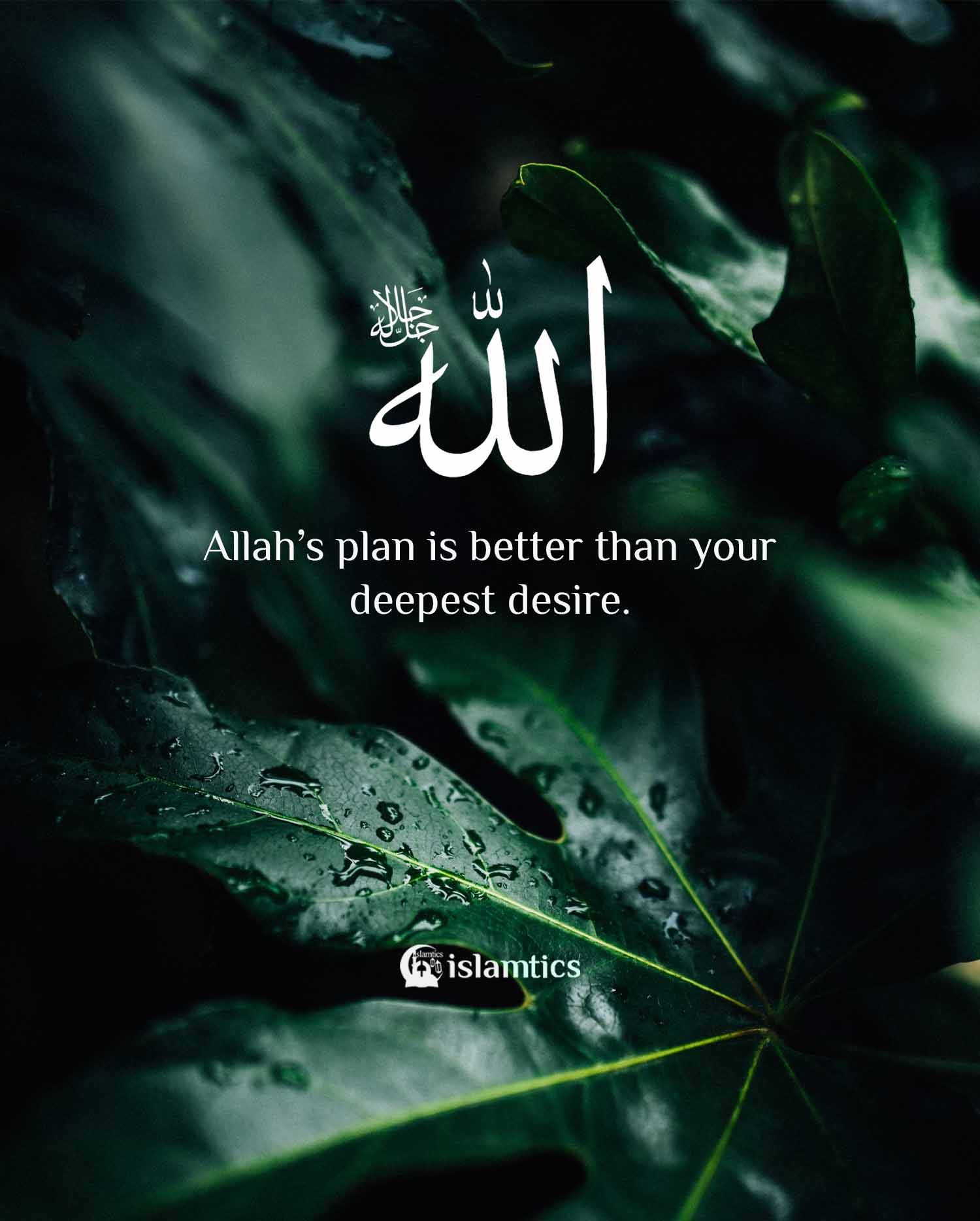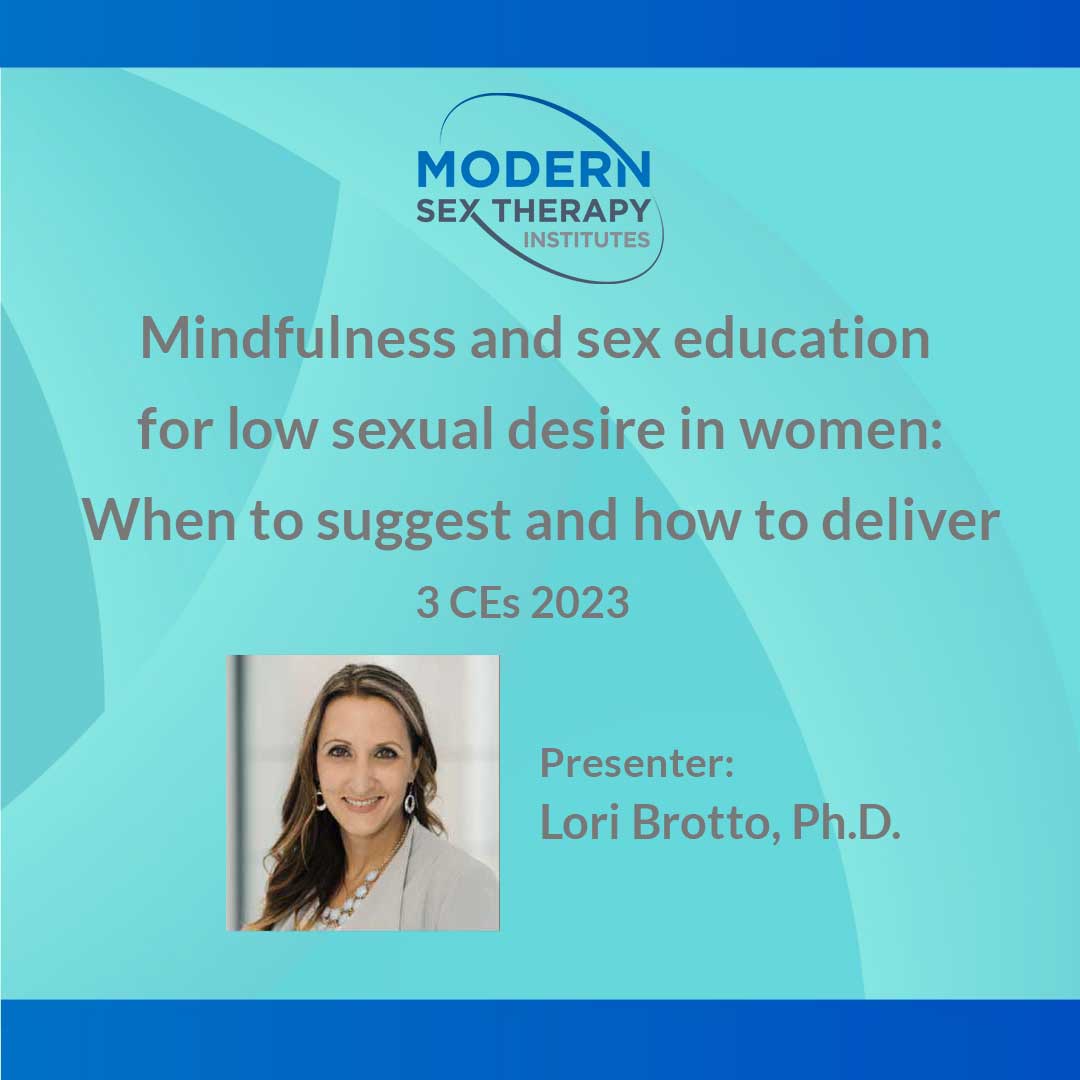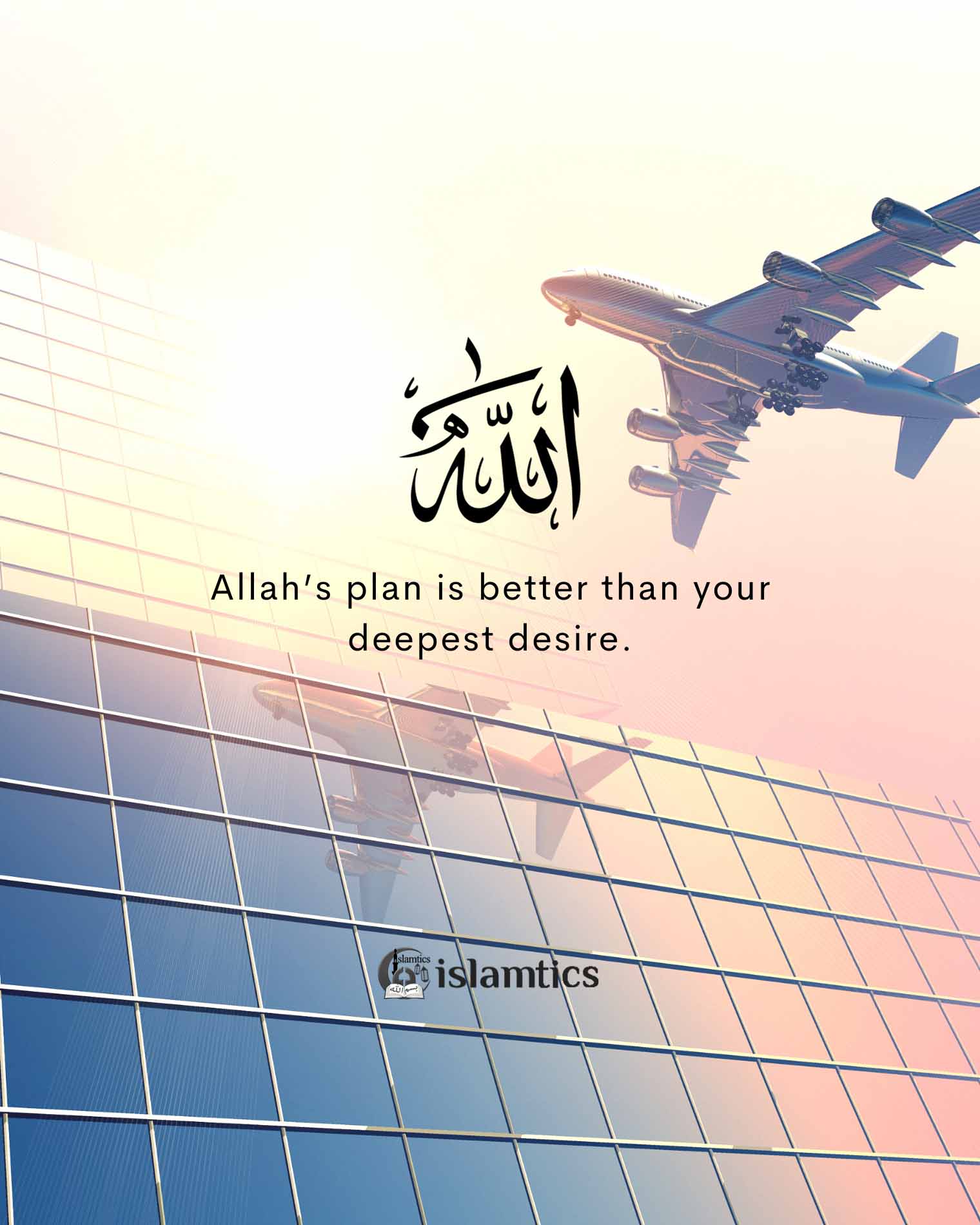Supposed Desire Better - Navigating Our Drive For Improvement
There is a common thread that runs through nearly all of us, a quiet hum that suggests things could always be a little more refined, a bit more efficient, or perhaps just a touch more convenient. It’s that deep-seated wish for things to simply get better, for our experiences to feel a little smoother, or for our paths to be a little clearer. We often find ourselves reaching for tools and ideas that promise a step up, an easier way, or a more complete picture of the world around us. This inclination to seek improvement, to want things to progress, seems to be a very natural part of being human, doesn't it?
Yet, it makes you wonder, is this push for betterment always something that truly comes from within us, or is it, in some respects, something we are simply expected to feel? The idea of a "supposed desire better" brings up an interesting thought. Are we genuinely driven by an internal spark to make things truly excellent for ourselves, or are we, more or less, acting on what society, advertising, or even just our daily routines tell us we should want? It's a subtle distinction, but one that can shape how we look at our own aspirations.
Consider, for instance, the ways we move about the world and find our way from one place to another. We look for the quickest routes, the most detailed instructions, or a way to see what's around the next corner before we even get there. These are all examples of seeking something improved, a more capable way of doing things. But let's take a closer look at what it means to have a "supposed desire better" and how that might play out in our daily quests for improvement.
- Recent Pictures Of Lizzo
- Frogs In Michigan
- Taylor Swift Super Bowl Halftime Show
- Is Trina Married
- Upsidedown Flag
Table of Contents
- The Pull of Improvement - Is Our Drive for Better Genuine?
- What Does 'Supposed' Really Mean?
- A Story of Supposed Identity - When Expectations Go Sideways
- Are Our Desires Truly Ours - A Supposed Desire Better?
- How Do We Know What We Really Want?
- Finding Your Own Path - Beyond a Supposed Desire Better
- The Map to Your Own Wishes
- Reflecting on Our Quest for Better
The Pull of Improvement - Is Our Drive for Better Genuine?
Think about how we move around, finding our way from one spot to another. We often want to specify various locations on a map, get directions for public transport, walking, or driving, and even check live traffic conditions. We plan trips, look at satellite pictures, and aerial views, all to make our journeys feel more assured, or perhaps just a little easier. Discovering the world with a tool like Google Maps, trying out Street View, seeing 3D maps, getting detailed instructions, and even looking at indoor maps from any device, really speaks to this common longing for things to be more complete.
This desire to explore and travel the world with confidence, to find the top routes for driving, walking, cycling, or public transport with traffic details and GPS navigation, shows a clear wish for a more refined experience. When you sign in to a service like Google Maps, you often get more specific search results, allowing you to quickly find places you have already looked for and even search for contacts by name. This personalization, in a way, aims to give you a more streamlined way to interact with your surroundings. It's almost as if we're always looking for that next step up, that slight advantage that makes life feel a little more effortless.
Even things like protecting your privacy, where faces and vehicle plates in published images are blurred, speak to a wish for a more secure and respectful interaction with technology. Services like Bing Maps also provide comprehensive map services, including road maps, aerial views, and street images, reinforcing this widespread availability of tools that promise a more informed way to move. We use these tools to find local businesses, look at maps, and get driving instructions, always seeking that bit of added convenience, that slightly more informed decision. It's really quite a widespread habit, this seeking of the improved version of things.
What Does 'Supposed' Really Mean?
Now, let's take a slight detour and think about the word "supposed." It's a word that comes up quite a bit, and its meaning can be a bit trickier than it seems at first glance. We often use "supposed" to talk about something that is merely thought or claimed to be true, perhaps on a somewhat shaky foundation. It can also mean something that is expected or required based on certain rules or common assumptions. For example, you might say someone is "supposed" to do something, meaning it's their duty or responsibility, even if it doesn't always happen that way.
Consider how this word functions as an adjective; it changes a noun within a sentence, giving it a particular shade of meaning. When we say something is "supposed," it often carries the idea of being accepted as true without having absolute proof. Like, the "supposed" location of an old temple, where people believe it is there, but there isn't definitive knowledge. It's not "suppost," as some might mistakenly write, but "supposed," with that "d" at the end, which is very important for its proper use.
The definition from various sources points to it meaning "expected or required based on rules or assumptions." We use "supposed to" when we describe behavior that is expected or required but doesn't always come to pass. Think about how we are "supposed" to look both ways before stepping into the street. That's a rule, an expectation, but sometimes people forget. So, in essence, "supposed" hints at something that is believed to be the case, or something that should happen, but there's a possibility it isn't quite what it seems or doesn't always unfold as planned. It's a subtle but powerful word, really.
A Story of Supposed Identity - When Expectations Go Sideways
To illustrate this idea of "supposed," let's consider a scenario that makes the concept quite clear. Imagine a story from a newspaper, perhaps the Miami Herald, from a future date like July 4, 2025. In this account, a teacher named Todd, known as Mr. T to his students, is getting ready for a wedding. But then, something terrible happens: he is strangled to death by someone who is a supposed chauffeur. This person then takes on Mr. T's identity. This narrative, you know, really highlights how the word "supposed" can carry a heavy weight.
Here, the individual is a "supposed" chauffeur, meaning they are believed or presented to be a chauffeur, but their true nature or intentions are something else entirely. They are merely thought to be such, on a very questionable basis. This person, in fact, is not who they appear to be, which makes the situation particularly unsettling. It's a classic example of how something or someone can be alleged to be one thing, yet turn out to be something quite different. The expectation of a chauffeur is one of service and trust, but the reality is far from it.
This incident makes us pause and think about how often we accept things at face value, based on what they are "supposed" to be. The victim, Mr. T, likely had an expectation of a professional driver, a person who was "supposed" to transport him safely. Yet, the reality was a stark contrast to this assumption. It shows how our ideas of what is "supposed" can sometimes lead us astray, or at least open us up to unexpected outcomes. It’s a pretty stark reminder, actually, of how appearances can be deceiving, and how the "supposed" can mask a very different truth.
Are Our Desires Truly Ours - A Supposed Desire Better?
So, bringing these threads together, we have this constant human drive for improvement, for things to be better, faster, more convenient. And then we have the concept of "supposed," which hints at things being believed or expected, but not necessarily true or genuine. This leads to a rather interesting question: is our "supposed desire better" always a truly authentic urge, or is it, in some respects, influenced by what we are told we should want?
Think about all the advertisements, the social media feeds, the conversations we have. They often present us with an image of what "better" looks like – a smoother ride, a more organized home, a more exciting trip. We see people exploring the world with confidence, using maps to find the best routes, and we might feel a pull to do the same. This is where the idea of a "supposed desire better" comes into play. Are we genuinely wanting these things because they align with our deepest values, or are we just following what is presented as the ideal, what we are "supposed" to aspire to?
It's like being told we're "supposed" to look both ways before crossing the street; it's an expectation, a rule. But do we truly understand *why* we are looking for a "better" map experience, for example? Is it because it genuinely makes our life more fulfilling, or because the tools are available and promise an easier way, making us feel like we "should" want that ease? This distinction is quite important, because it touches upon the very nature of our personal ambitions and whether they are truly our own or simply reflections of external pressures. It's a pretty big thought, really.
How Do We Know What We Really Want?
Given this, how can we tell the difference between a genuine desire for improvement and a "supposed desire better" that might be subtly pushed upon us? It’s a bit like trying to find the best route without GPS; you have to rely on your own sense of direction. One way to figure this out is to pause and reflect on the "why" behind our wants. When you feel that urge to get a new gadget that promises to make life simpler, or to take a trip to a far-off place, ask yourself: what is the actual feeling or outcome I am seeking? Is it truly about personal growth, or is it more about fitting into an idea of what a "successful" or "modern" life looks like?
Consider the core benefit you are looking for. If you want better directions, is it because you genuinely enjoy exploring new places with ease, or is it just to avoid the perceived inconvenience of getting lost, which society sometimes suggests is a failure? If you find yourself wanting a more organized living space, is it because clutter genuinely causes you stress, or because you see images of perfectly tidy homes and feel like yours is "supposed" to be that way? It's a subtle difference, but one that can greatly affect our satisfaction.
It helps to think about how these desires feel internally. A genuine desire often feels like a quiet pull, a sense of purpose or excitement that comes from within. A "supposed" desire, on the other hand, might feel more like an obligation, a box to check, or a comparison to others. It might bring a fleeting sense of relief when achieved, but not a deep, lasting contentment. This is a pretty useful way to approach our own aspirations, actually, to really feel them out.
Finding Your Own Path - Beyond a Supposed Desire Better
Moving beyond a "supposed desire better" means making a conscious choice to seek out what truly matters to you, rather than just following what is expected. It's about personalizing your own map of wants and needs, much like how logging into Google Maps gives you more specific search results based on your past activity. This means taking the time to understand your own unique values, what brings you a real sense of happiness, and what kind of "better" truly resonates with your spirit.
For some, "better" might mean finding the quietest walking paths, even if they take a little longer. For others, it might be about simplifying their life, reducing the number of things they own, rather than constantly acquiring more. It could mean seeking out experiences that challenge them, even if those experiences aren't typically advertised as "easy" or "convenient." It's about recognizing that your version of "better" doesn't have to match anyone else's, and that's perfectly fine.
This approach encourages us to question the narratives we encounter daily. When a new product or service promises to make your life "better," ask yourself if it aligns with your authentic desires, or if it's just tapping into a general societal expectation of improvement. This way, you can choose to pursue what truly serves you, building a life that feels genuinely fulfilling, rather than just one that looks "supposedly" good to others. It's a bit of a shift in perspective, but a really worthwhile one, I think.
The Map to Your Own Wishes
Just as we use maps to explore and tour the physical world with confidence, we can also create an internal map for our own wishes and goals. This personal map isn't about finding the fastest route or checking live traffic conditions; it's about understanding the terrain of your own heart and mind. It involves asking yourself what truly makes you feel alive, what kind of growth genuinely excites you, and what "better" means when it's stripped of all external expectations.
Perhaps your desire for "better" isn't about upgrading your phone, but about spending more time outdoors. Maybe it's not about a bigger house, but about deeper connections with the people around you. These are the kinds of improvements that often bring a more profound sense of satisfaction, because they come from a place of genuine need and personal value, not from a sense of what you are "supposed" to want. It's a very personal journey, really, to uncover these deeper desires.
This self-discovery is a powerful tool, much like how Google Maps allows you to specify various locations and get detailed instructions. It helps you pinpoint your true destinations and chart a course that feels authentic to you. By tuning into your own inner compass, you can navigate away from the pressures of a "supposed desire better" and move towards a life that is truly aligned with your unique spirit. It is, in a way, the ultimate form of personalized navigation, just for your own life's path.
Reflecting on Our Quest for Better
As we wrap up our thoughts on this idea of a "supposed desire better," it’s clear that our human drive to improve things is a powerful force. From seeking the best routes on a map to wanting more detailed information about our surroundings, we are constantly looking for ways to make our experiences smoother and more effective. Yet, the concept of "supposed" reminds us to question whether these desires truly come from within us, or if they are, in some sense, external expectations we have adopted.
The story of the "supposed" chauffeur serves as a vivid reminder that what appears to be true is not always the reality, and this applies just as much to our aspirations. Understanding the nuances of the word "supposed" helps us to examine our own motivations more closely. Are we pursuing a "better" life because it aligns with our deepest values and brings us genuine joy, or because it is what we are told we "should" want? It’s a pretty important distinction to make, really, for our own well-being.
Ultimately, recognizing the difference between a truly authentic desire for improvement and a "supposed desire better" can guide us toward a more fulfilling existence. It encourages us to look inward, to define "better" on our own terms, and to choose paths that resonate with our personal truth. Just like using mapping tools to find the right way, this reflection helps us to navigate our personal quests for improvement with greater awareness and intention, ensuring that the "better" we seek is truly our own.
- Lucy Lui Son
- Chris And Nicole Married At First Sight
- Andrew Jason Sterling Brown
- Haul Out The Holly 3 Release Date
- Kitkat Santas

Allah’s plan is better than your deepest desire. | islamtics

Mindfulness and sex education for low sexual desire in women: When to

Allah’s plan is better than your deepest desire. | islamtics